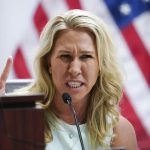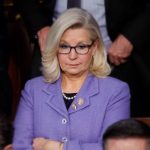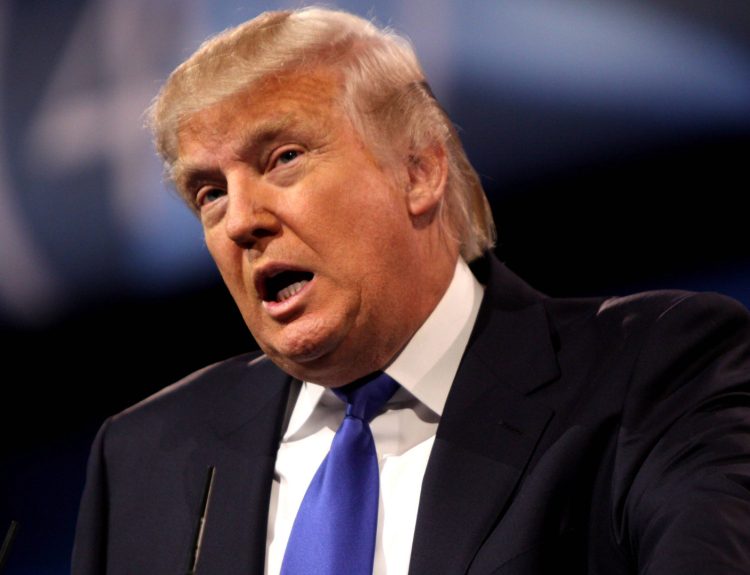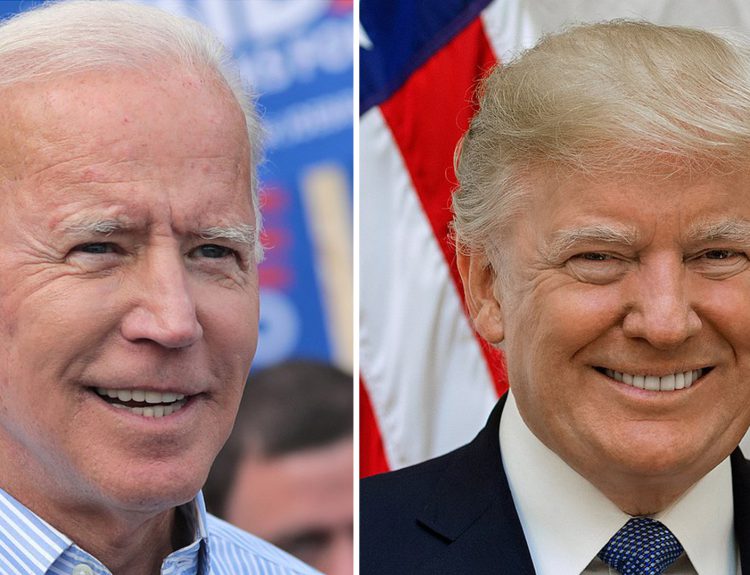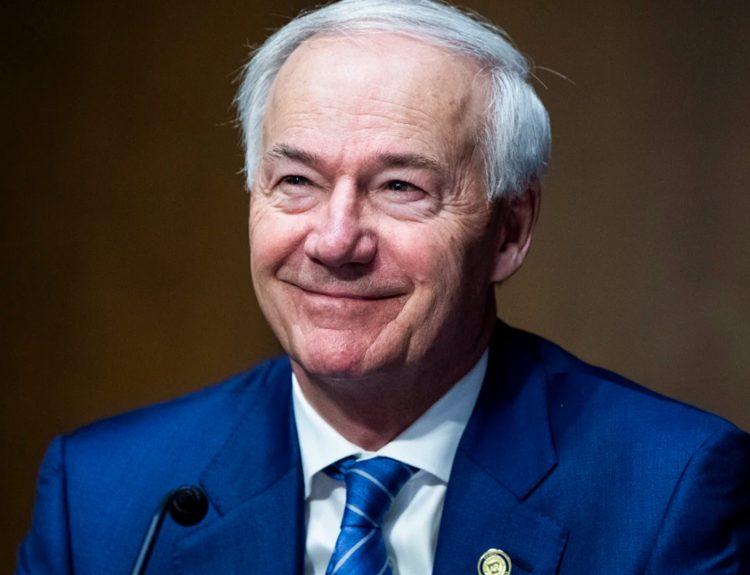West Virginia has one of the strictest school vaccination policies in the country, but lawmakers are trying to change that. They came close when both the state’s House of Delegates and Senate passed a bill that would loosen those policies, but Gov. Jim Justice vetoed it before it became law. Here’s what you need to know!
What Is HB 5105?
HB 5105 is a bill introduced by West Virginia lawmakers. The bill, if passed, would’ve allowed virtual public school students to be exempt from state-mandated vaccinations that children are required to have before attending daycare or grade school.
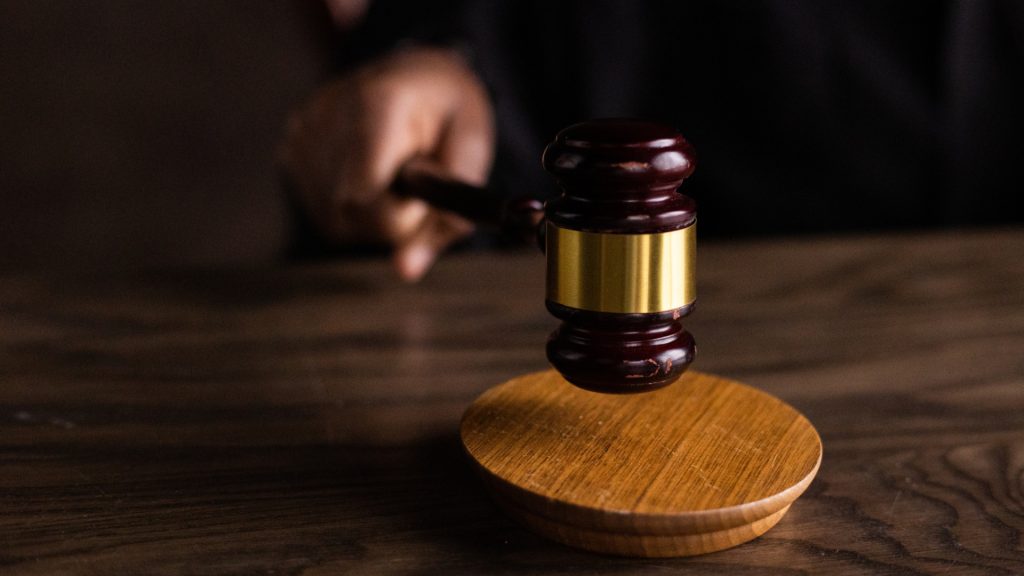
Not only that, but the bill would give private and parochial schools the freedom to develop and enforce their own vaccination policy. Even if exemptions were allowed, a vaccination would still be required to partake in any extracurricular activities or sports.
Bill Saw Several Changes During Negotiations
As is the case with most bills that pass the legislative process, HB 5105 underwent several changes before being voted on by House and Senate members. For example, the ‘private and parochial schools’ section wasn’t in the initial bill.
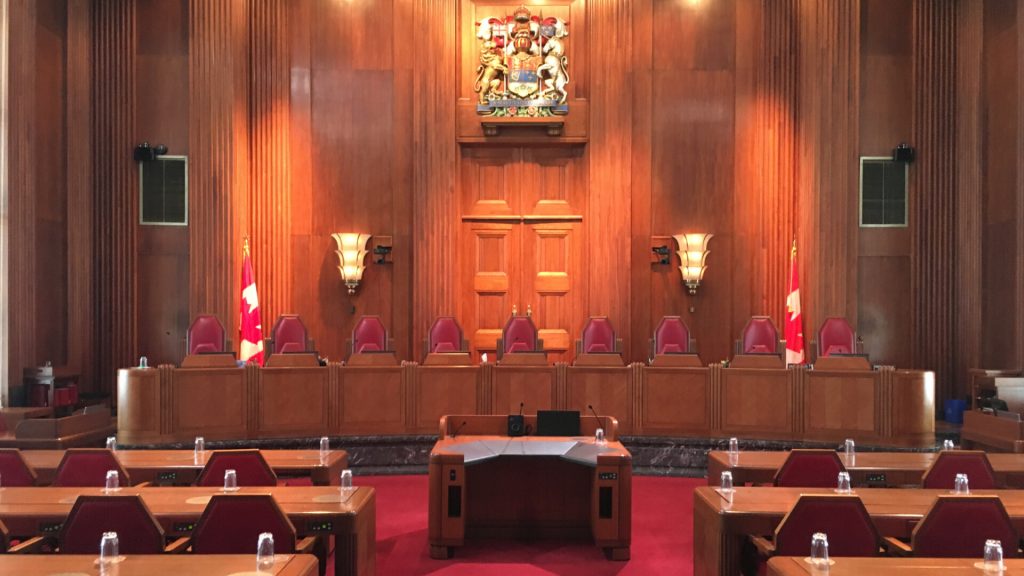
Lawmakers also removed a section that would’ve created a religious exemption for children whose parents wrote the school a letter stating they were unable to be vaccinated for religious reasons. The Senate ended up taking that provision out.
House Approved The Bill On February 26
West Virginia’s House of Delegates voted on the bill on February 26, and it passed later that day with a 57-41 vote. At that time, the ‘religious exemption’ was still attached to the bill, but it was unclear if the bill would hold up in the Senate.
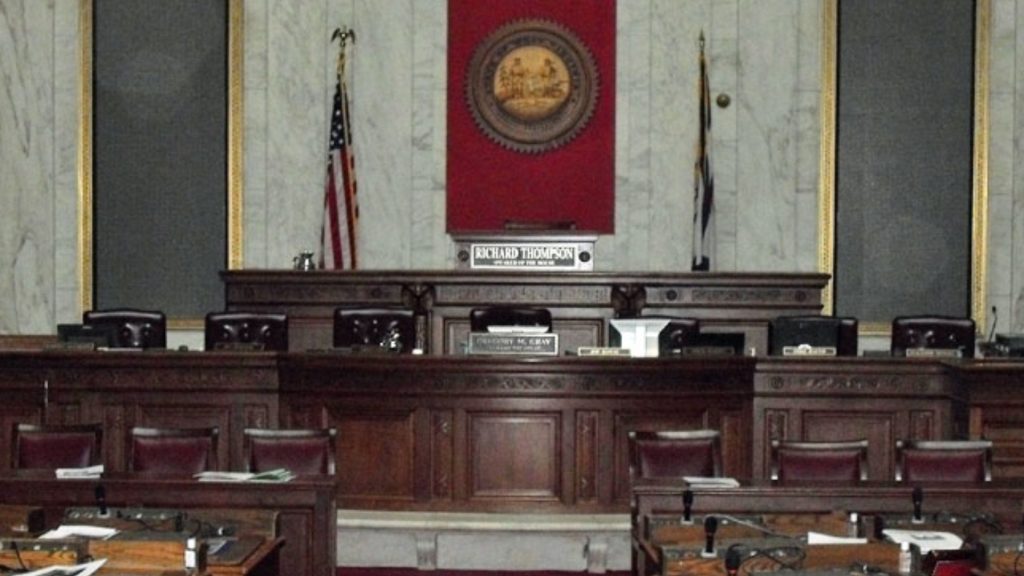
Of course, they were also in a bit of a time crunch with the 60-day regular session scheduled to end on March 9. With the bill passing the House, it was then sent to the Senate for a vote – but they only had two weeks to vote on it.
Senate Approved The Bill On March 9
With the deadline looming, West Virginia’s Senate voted on the bill on March 9 and passed it with an 18-12 vote. In order to pass the bill, the Senate had to remove the ‘religious exemption’—but it was necessary to get enough people on board with it.
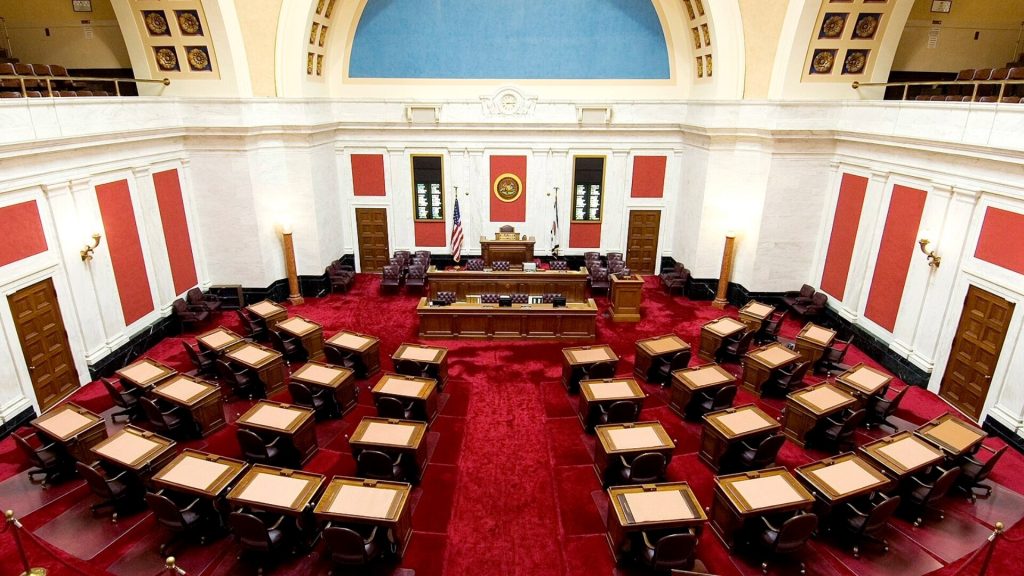
Now that the bill had been passed by the House and Senate, all that was left to do was send the bill off to the Governor to be signed. Unfortunately for those who supported HB 5105, Gov. Jim Justice threw lawmakers quite the curveball two weeks later.
Gov. Jim Justice Vetoed The Bill On March 27
Gov. Jim Justice had until the end of the day on March 27 to either sign the bill, veto it, or do nothing with it. Signing the bill would make it law, vetoing it would return the bill to the House for changes, and not doing anything with it would automatically make it law.
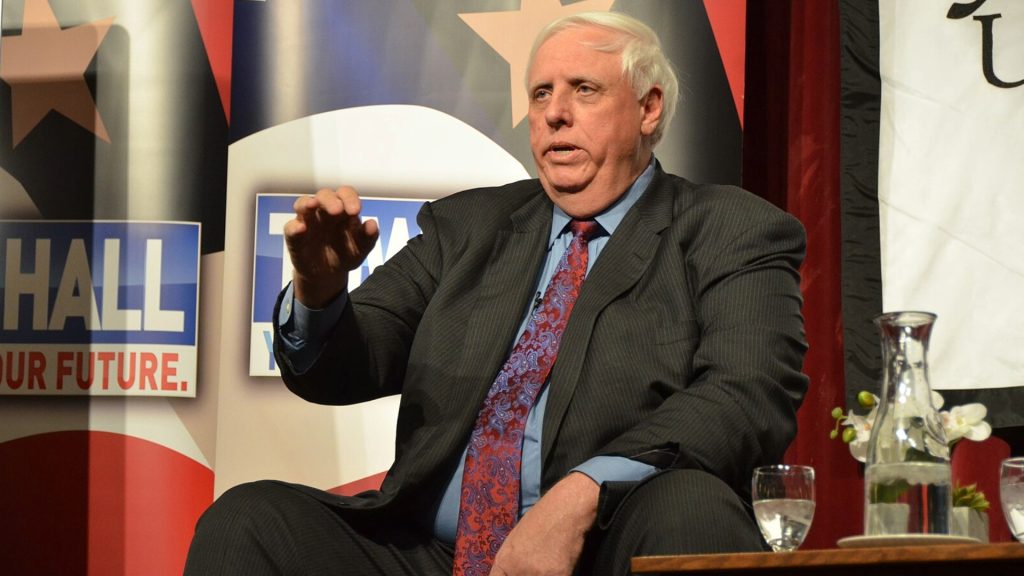
Justice waited until the last minute to veto the bill – ensuring it didn’t become law (at least for now). He received a lot of support from the medical community, but many in the House and Senate – as well as parents in the community – were upset.
Gov. Justice Defends His Opposition
In a statement on March 27, Gov. Justice defended his opposition to the bill, largely citing advice he received from medical experts and private and parochial institutions throughout the State. At the end of the day, he wanted to do what was best for the children.
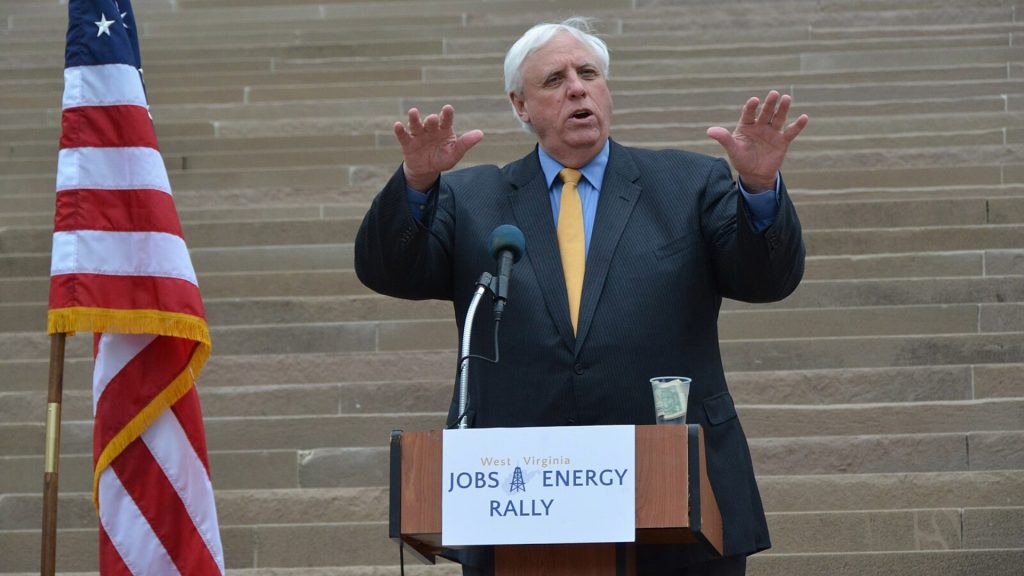
“Our kids are our future. They are our most important resource, and I will protect them with everything I have,” he said in a letter – adding that he ‘has always and will always defend our freedoms as West Virginians and as Americans.’
Choosing To Follow The Guidance Of Medical Experts
While he said he respects all opinions and made sure to consider the law from everyone’s perspective, he ultimately decided to ‘follow the guidance of our medical experts on this subject’ – praising them for their wisdom, knowledge, and experience.

“West Virginia is way ahead of the pack in protecting our children from preventable diseases like the measles, and in this matter, I will defer to our licensed medical professionals who have come forward overwhelmingly to say this bill could and likely would result in reduced immunity and harm to West Virginia’s kids,” he added.
Dr. Steven Eshenaur Agrees With Justice’s Decision
One of the medical experts he was talking about was Kanawha-Charleston Health Officer Dr. Steven Eshenaur – who was worried about the consequences of passing such a bill. He released a statement prior to Gov. Justice vetoing the bill.

“Yes, personal freedom is vital to our way of life in West Virginia and America, and I am all for it. But not when the lives of children are in danger,” he said in a statement. “Hear this on repeat: If you are anti-vaccination, you are pro-disease. It’s as simple as that.”
Mike Maroney Heavily Opposes The Bill
Mike Maroney, a trained doctor and state Senator who serves as the Chair for the Health and Human Resources Committee, described the bill as an ‘embarrassment’ that would only harm the state and its children.
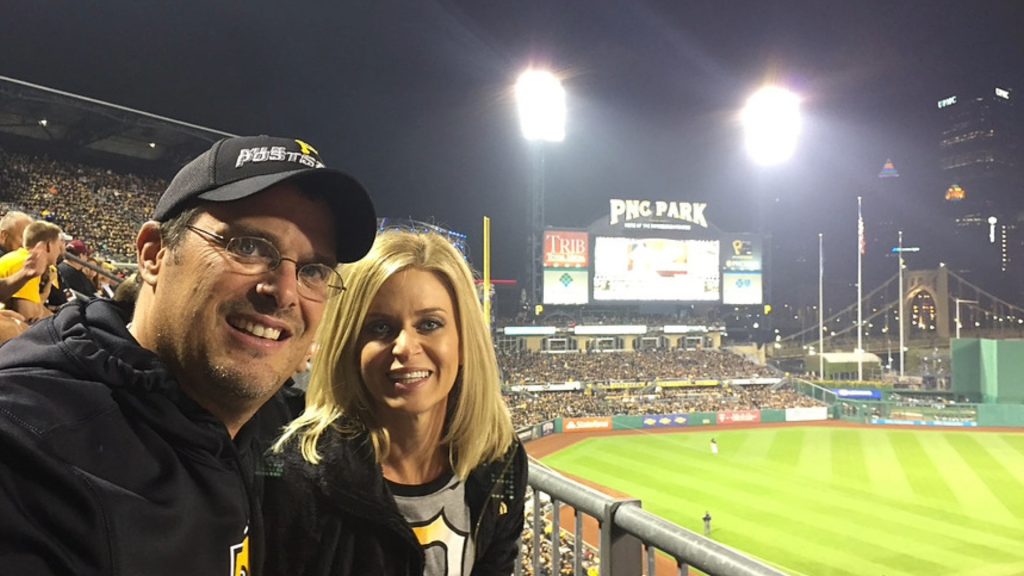
“I took an oath to do no harm. There’s zero chance I can vote for this bill,” he said before the Senate voted on March 9. “It’s a bad bill for West Virginia, it’s a step backward. There’s no question, no question there will be negative effects.”
Dr. Alvin Moss One Of Few Doctors To Support Bill
While many medical experts spoke out against HB 5105, not all doctors hated the bill. At least that was the case with Dr. Alvin Moss, a professor at the West Virginia University School of Medicine.

He argued that the bill was medically unethical because it doesn’t allow informed consent – saying as much in front of the Senate Health Committee. He, of course, wasn’t alone in his argument.
Anti-Vaccine Requirement Group Continues To Grow
One anti-vaccine requirement group in the Mountain State, West Virginians for Health Freedom, has seen rapid growth over the past few years as more residents support looser vaccine requirements for school children.

In 2017, the group consisted of just over 300 people. Now, in 2024, that same group boasts more than 3,000 members – and that number will continue to grow in the coming months.
West Virginia Doesn’t Permit Nonmedical Exemptions
As of right now, West Virginia is one of just a few states in the US to not allow nonmedical exemptions for vaccinations among school children. In fact, all but 45 states offer religious exemptions for vaccine requirements – and West Virginia isn’t one of them.

While Gov. Justice boasts his state’s low rate of sickness among children, the state is also home to some of the lowest life expectancy rates in the U.S. – and let’s not forget that more than 25% of all children are currently living in poverty in West Virginia.


